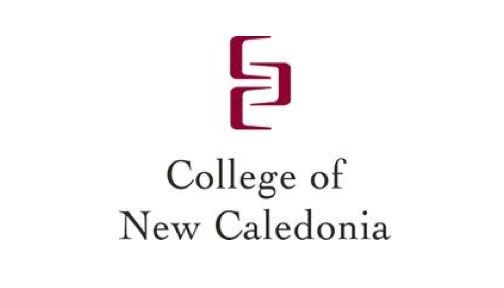The College of New Caledonia's Faculty Association has planned a public forum Wednesday to discuss the "chronic funding crisis" it says the college and institutions across the province are facing.
The event was planned before the college announced it would put off the Board of Governor's March 27 vote by one month to address a $2.8 million deficit. Proposed cuts include to the dental program, the day care and counselling services.
The goal is still to apply public pressure to both the board and government, said David Rourke, faculty association president.
"It's really up to the community to send the message to government that what they're doing is short sighted," said Rourke of the noon forum at the Gathering Place. "If we lose these programs, they might not come back."
Despite CNC's decision late Friday afternoon to delay the vote to April 24, it is still sending out layoff notices given a contract requirement that sets a March 31 deadline for such decisions.
Rourke said about 20 faculty are on the layoff list, which wouldn't come into effect until July 31. That means the college can reverse those layoff notices if the board settles on other cost-saving solutions.
Cindy Oliver, the president of the Federation of Post-secondary Educators, will speak at Wednesday's event on behalf of the union that represents 19 B.C. institutions including the CNC.
The union has launched a provincial campaign called Open the Doors, targeting what it says is consistent underfunding of post-secondary education.
Phillip Legg of FPSE said the federation met Friday with Andrew Wilkinson, Minister of Advanced Education, alongside The BC Dental Hygienists' Association and a representative to discuss Adult Basic Education.
"We need a moratorium on decisions," said Legg of the CNC's situation, and praising the college's move to delay the board's decision. "This rush to make critical decisions that are going to be difficult if not impossible to reverse, that's a critical point. You need to hit the pause button."
Wilkinson told the Citizen last week the government must fund institutions based on enrolment.
"We realize they have some fixed costs but we can't continue to fund (CNC) as if they're at 100 percent utilization when it's actually down to 60 per cent range," Wilkinson said.
Legg disagreed with that approach.
"The flip side to that argument is those institutions were put in place as an access point for people in that region," Legg said. "It's a diverse population that's spread out and the economies of scale that exist in the Lower Mainland shouldn't be the template that's used to assess whether or not CNC is a viable institution."
Rourke said the board's needs less top-down management and more pressure on government.
"It's the purpose of that representation to advocate on behalf of the college rather than simply impose what the government wants the college to do," he said. "They play a dual role as representatives on the board and sometimes it's necessary to advocate on behalf of the institution."
Rourke said the faculty association has suggested "administrative efficiencies" instead of program cuts.
For example, the continuing education department runs as its own parallel institution, complete with a HR department and administrative structure. That could be combined with the college structure, he said.
And, the faculty has resisted the appointments of associate deans in health and trades given the deans have run the programs without assistance for a number of years.
"There doesn't seem to be any need to create those positions."
In addition to Wednesday's meeting organized by faculty, there is a public forum Friday after the board meeting from 2 p.m. to 4 p.m.


